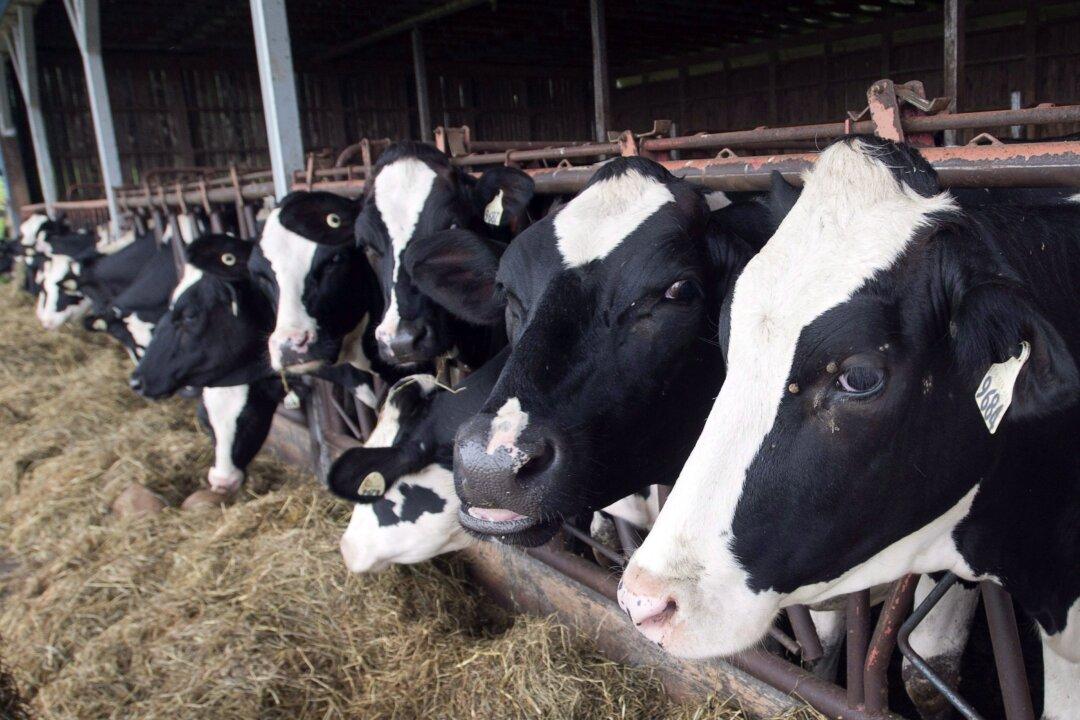News Analysis
The trade agreement that replaced NAFTA has put new pressures on the Canadian dairy industry that has long operated under a government-regulated supply management system. But while some are concerned about the impact on Canada’s dairy sector, others say a U.S. win could be good news for Canadian consumers.





